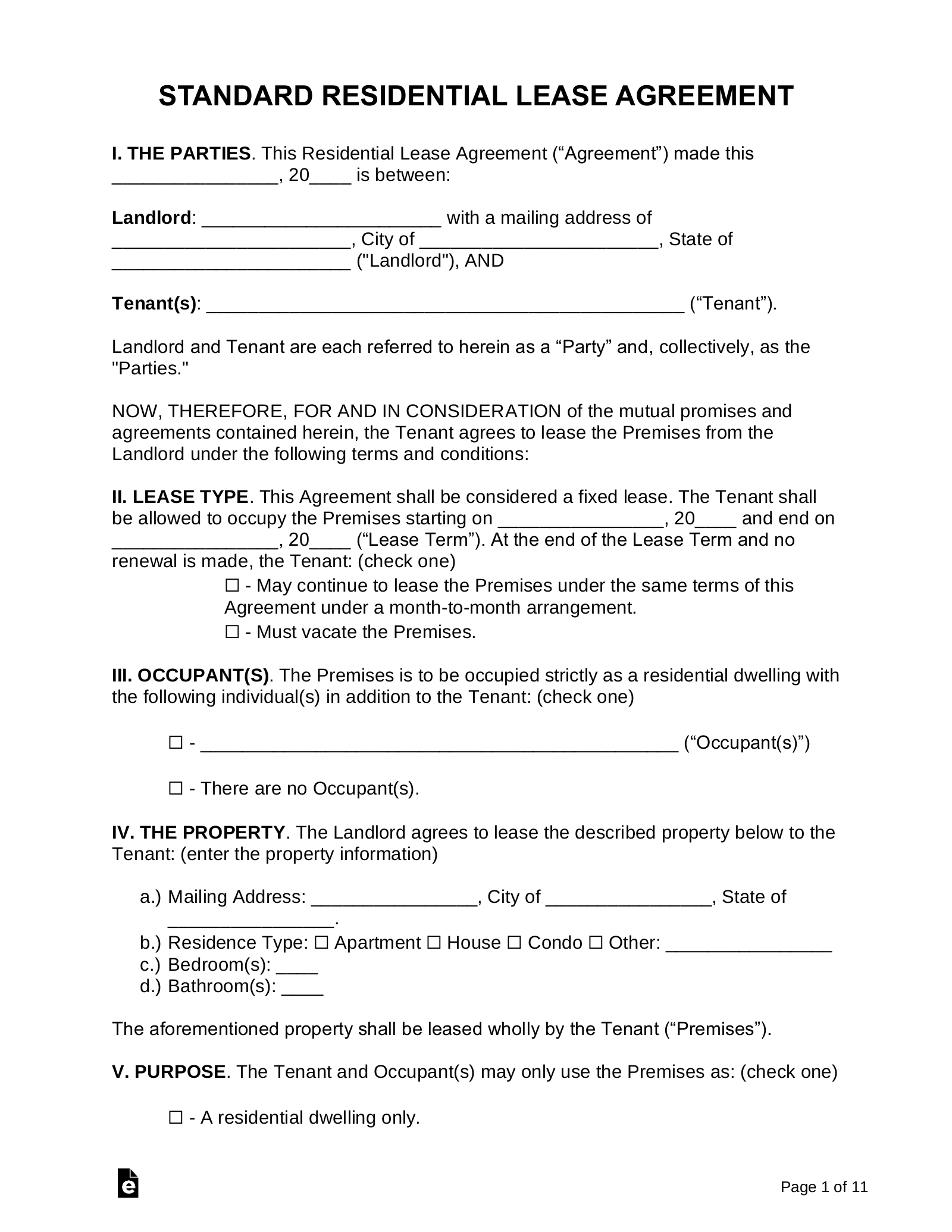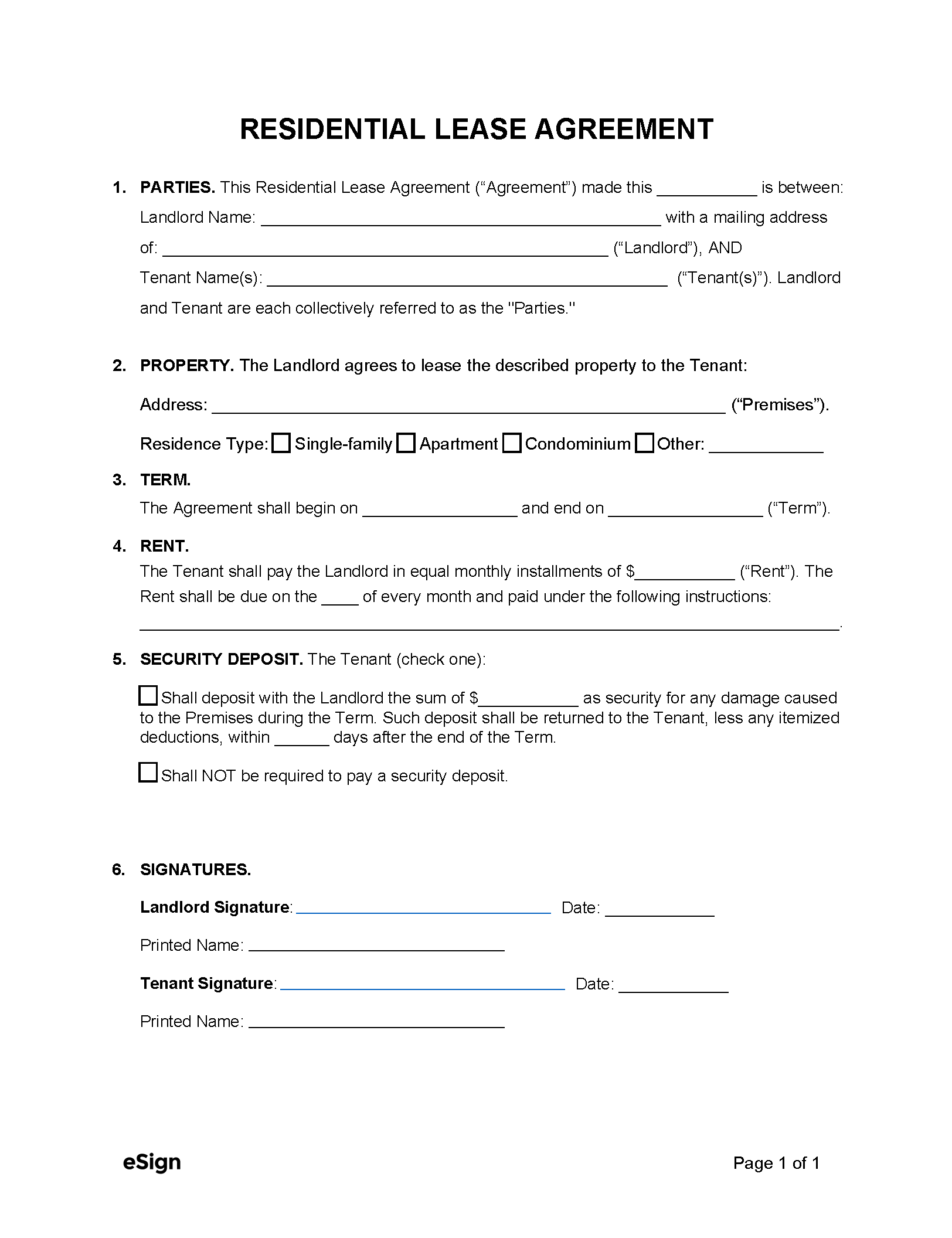
Navigating the Road to Wheels: A College Student’s Guide to Leasing a Car
For many college students, the allure of having a car on campus is undeniable. A vehicle offers freedom, convenience, and the ability to explore beyond the confines of dorms and classrooms. However, purchasing a car outright can be a significant financial burden, especially when juggling tuition, books, and living expenses. This is where leasing emerges as a potentially attractive alternative.
Leasing a car allows you to drive a new vehicle for a fixed period, typically two to three years, by making monthly payments. At the end of the lease term, you return the car to the dealership. While it may seem like a straightforward solution, leasing has its own set of considerations, especially for college students with limited credit history and income.
This guide will provide a comprehensive overview of leasing a car as a college student, covering the pros and cons, eligibility requirements, tips for securing a lease, and alternative transportation options to consider.
The Allure of Leasing: Why It Appeals to College Students
- Lower Monthly Payments: Compared to buying a car, leasing often translates to lower monthly payments. This can be a significant advantage for students on a tight budget.
- Driving a Newer Model: Leasing allows you to drive a newer car with the latest features and technology without the long-term commitment of ownership.
- Warranty Coverage: Leased vehicles are typically covered by the manufacturer’s warranty, which can help minimize unexpected repair costs during the lease term.
- No Resale Hassle: At the end of the lease, you simply return the car to the dealership, eliminating the need to worry about selling or trading it in.
Navigating the Bumps: The Challenges of Leasing as a College Student
- Credit Requirements: Leasing companies typically require a good credit score to qualify for a lease. Many college students have limited or no credit history, which can make it difficult to get approved.
- Income Verification: Leasing companies need assurance that you can afford the monthly payments. As a student, your income may be limited or inconsistent, making it challenging to meet income requirements.
- Mileage Restrictions: Leases come with mileage restrictions, typically around 10,000 to 15,000 miles per year. Exceeding these limits can result in hefty fees.
- Early Termination Penalties: Breaking a lease early can be very expensive, as you may be responsible for paying the remaining balance of the lease.
- No Ownership: At the end of the lease, you don’t own the car. You’ve essentially been paying for the right to use it for a specific period.
The Eligibility Equation: Meeting the Requirements for a Car Lease
Before diving into the leasing process, it’s crucial to assess your eligibility. Here are the key factors leasing companies consider:
- Credit Score: A good credit score is essential. Leasing companies use credit scores to assess your creditworthiness and determine the interest rate you’ll pay. Aim for a credit score of 680 or higher to increase your chances of approval.
- Income: Leasing companies need to verify that you have a stable source of income and can afford the monthly payments. You’ll likely need to provide proof of income, such as pay stubs or bank statements.
- Debt-to-Income Ratio: Leasing companies will also consider your debt-to-income ratio, which is the percentage of your monthly income that goes towards debt payments. A lower debt-to-income ratio is generally more favorable.
- Co-Signer: If you have limited credit history or income, you may need a co-signer to guarantee the lease. A co-signer is typically a parent or close relative with a strong credit score and stable income.
Strategies for Securing a Lease: Tips for College Students
If you’re determined to lease a car, here are some strategies to improve your chances of approval:
- Build Your Credit: Start building your credit early by opening a credit card and making small purchases that you pay off on time each month.
- Get a Co-Signer: If you have limited credit history or income, consider asking a parent or close relative to co-sign the lease.
- Shop Around: Don’t settle for the first lease offer you receive. Compare lease terms and prices from multiple dealerships to find the best deal.
- Negotiate: Don’t be afraid to negotiate the lease terms, such as the monthly payment, down payment, and mileage allowance.
- Consider a Shorter Lease Term: A shorter lease term may result in higher monthly payments, but it can also reduce the overall cost of the lease and minimize the risk of exceeding mileage limits.
- Increase Your Down Payment: A larger down payment can lower your monthly payments and improve your chances of approval.
- Explore Student Discounts: Some manufacturers offer student discounts or incentives on leased vehicles. Check with dealerships to see if any student programs are available.
- Be Mindful of Mileage: Carefully estimate your annual mileage needs and choose a lease with a sufficient mileage allowance to avoid overage fees.
Alternatives to Leasing: Exploring Other Transportation Options
Leasing isn’t the only option for college students who need transportation. Here are some alternatives to consider:
- Buying a Used Car: Purchasing a used car can be a more affordable option than leasing, especially if you’re on a tight budget.
- Public Transportation: If available, public transportation can be a convenient and cost-effective way to get around campus and the surrounding area.
- Biking or Walking: If you live close to campus, biking or walking can be a healthy and environmentally friendly way to commute.
- Ride-Sharing Services: Services like Uber and Lyft can be a convenient option for occasional trips, but they can be expensive for daily commutes.
- Car Sharing Programs: Car sharing programs like Zipcar allow you to rent a car by the hour or day, which can be a good option for occasional use.
The Road Ahead: Making an Informed Decision
Leasing a car can be a viable option for some college students, but it’s essential to weigh the pros and cons carefully and assess your eligibility. Consider your financial situation, credit history, and transportation needs before making a decision. If you’re unsure whether leasing is the right choice for you, explore alternative transportation options and seek advice from a financial advisor.
By carefully considering all the factors involved, you can make an informed decision that meets your transportation needs without breaking the bank.
